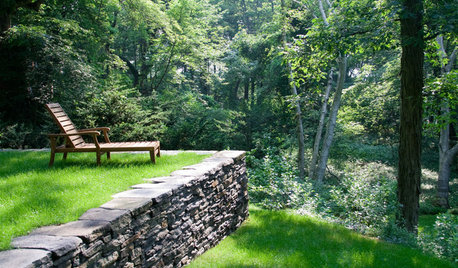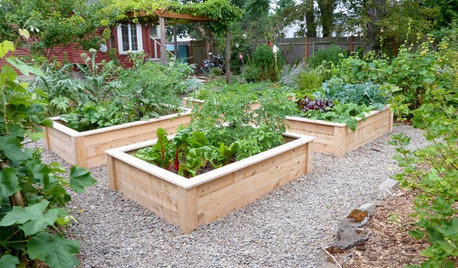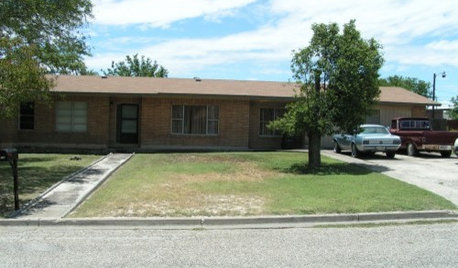Need Help with Lawn
mdalbke
11 years ago
Related Stories

GARDENING GUIDES8 Unthirsty Plants Help You Save Water in Style
Spend less effort and money on your landscape with drought-tolerant and native plants that liven up your yard
Full Story
EARTH DAYThe Case for Losing the Traditional Lawn
Work less, help the environment and foster connections by just saying no to typical turf
Full Story
GARDENING GUIDESHow to Plant a New Lawn From Sod
Take the quick-start route to turf with sod; these installation guidelines will help ensure a healthy and long-lasting lawn
Full Story
PETS6 Ways to Help Your Dog and Landscape Play Nicely Together
Keep your prized plantings intact and your dog happy too, with this wisdom from an expert gardener and dog guardian
Full Story
LANDSCAPE DESIGNHow to Help Your Home Fit Into the Landscape
Use color, texture and shape to create a smooth transition from home to garden
Full Story
LANDSCAPE DESIGNWhat the Heck Is a Ha-Ha, and How Can It Help Your Garden?
Take cues from a historical garden feature to create security and borders without compromising a view
Full Story
GARDENING GUIDES12 Tips to Help You Start an Edible Garden
Get on your way to growing your own vegetables with a raised bed or a few containers on the patio
Full Story
ORGANIZINGDo It for the Kids! A Few Routines Help a Home Run More Smoothly
Not a Naturally Organized person? These tips can help you tackle the onslaught of papers, meals, laundry — and even help you find your keys
Full Story
ARCHITECTUREHouse-Hunting Help: If You Could Pick Your Home Style ...
Love an open layout? Steer clear of Victorians. Hate stairs? Sidle up to a ranch. Whatever home you're looking for, this guide can help
Full Story





mdalbkeOriginal Author
grass1950
Related Professionals
Hershey Landscape Architects & Landscape Designers · Richmond Heights Landscape Architects & Landscape Designers · Washington Landscape Architects & Landscape Designers · Surprise Landscape Contractors · Arlington Landscape Contractors · Maple Valley Landscape Contractors · Beverly Hills Landscape Contractors · Clayton Landscape Contractors · Cornelius Landscape Contractors · Dickinson Landscape Contractors · Metairie Landscape Contractors · Waltham Landscape Contractors · Shenandoah Landscape Contractors · Denton Swimming Pool Builders · Folsom Swimming Pool BuildersmdalbkeOriginal Author
dchall_san_antonio